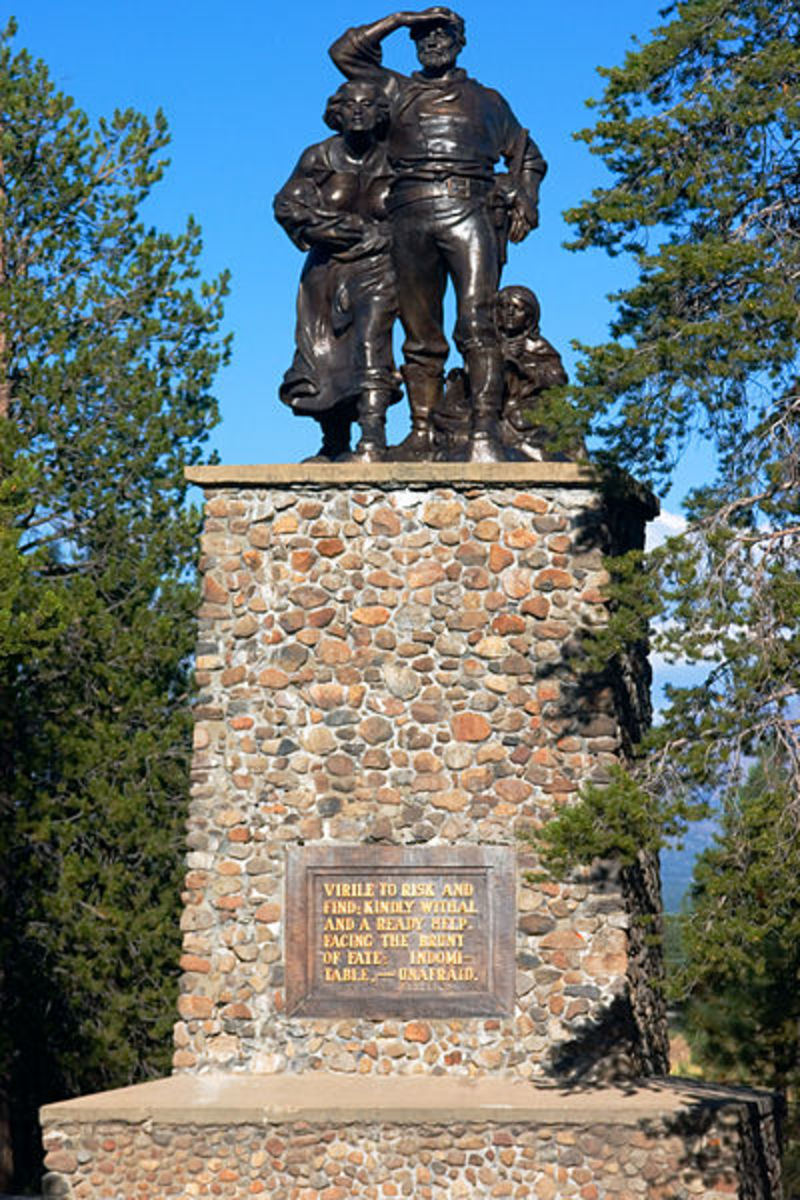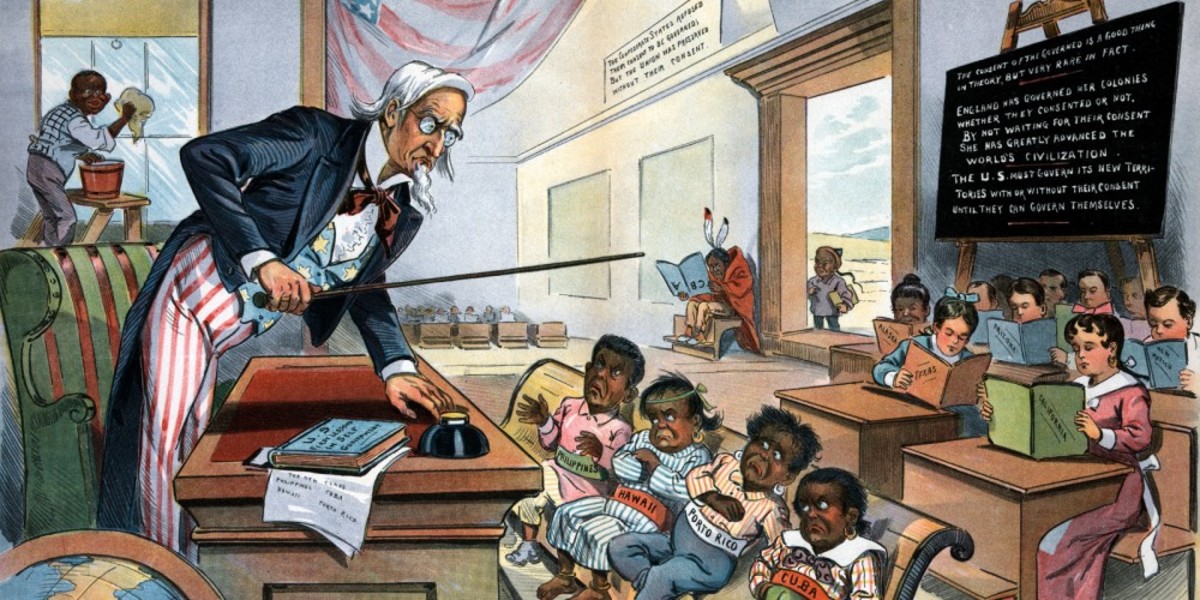- HubPages»
- Education and Science»
- History & Archaeology»
- History of the Americas
Seattle's 1954 Mass Hysteria



Mass hysteria is actually a misnomer for events which took place in the 1954 Seattle, Washington area. Most social scientists today refer to it a case of mass or social delusion, but mass media preferred the term mass hysteria. Perhaps, it was an effort to garner more public attention in their stories.
It all began in March of that year when local newspapers began reporting on an unusual number of pitted windshields occurring in the area. Pits and dings began appearing in windshields of cars at an unprecedented rate and seemingly for no apparent reason. Even police vehicles parked in front of their precincts were not exempt from the damage.
It became known as "The Seattle windshield pitting epidemic." Residents and police were baffled by the sudden rise in the number of pitted windshields. At first, it was blamed on vandals with BB guns. Police began setting up roadblocks to apprehend them. Even a contingent of 75 Marines were called out to assist them, but none were ever caught. However as more and more cases were reported, it became evident hoodlums weren’t the answer.
The phenomenon actually had begun in a city 80 miles to the North of Seattle and over the course of several days it had progressed to the “Emerald City.” Concerned citizens were reporting tiny pit marks to entire parking lots being hit by whatever it was plaguing the area. Most residents were mystified. Some became terrified as wild speculations on the cause erupted. Some blamed it on fallout from recent hydrogen bomb tests that had been conducted in the pacific. Others believed it was sand flea eggs, which somehow, became embedded in the glass and later hatched.


As the media continued covering the issue, more and more reports filtered in to the authorities. Drivers began stopping police on the streets to make their report of damaged windshields. The city was in a state of mild panic.
Scientists at the University of Washington began examining the situation.Their findings indicated nothing unusual and damage reported was being "overly emphasized." To support their findings they explained the fact most cars were pitted in the front and not the back was irrefutable evidence. The Seattle Police Department, in their investigations, found most of the damage was appearing on older cars. For some inexplicable reason new cars were not being affected.
As the phenomenon continued citizens became desperate for an answer. Several theories were advanced, from the preposterous to highly scientific. Here are few:
· Gremlins
· Cosmic rays
· Naval radio transmissions
· Shifting Earth magnetic field
· And of course, the ever popular sand flea eggs.
By April 17, the pitting stopped as suddenly as it had begun. It was reported over 3,000 windshields had been damaged. The Seattle Police Crime Lab who had been working overtime in solving the mystery finally issued their findings. A spokesman said the pittings were “5 % hoodlum-ism, and 95 % public hysteria."
Anyone who has lived in the Seattle area knows pitted windshields are an everyday occurrence. Researchers into the incident have found there was nothing out of the ordinary before the media began reporting on the subject. It was only after they picked it up people became alarmed. When windshields became a topic of concern, for once people actually began looking closely at them and saw pits they had previously failed to notice. It was a textbook example of collective delusion.
The Seattle windshield pitting epidemic is just one of many mass delusions to have occurred in the United States.





